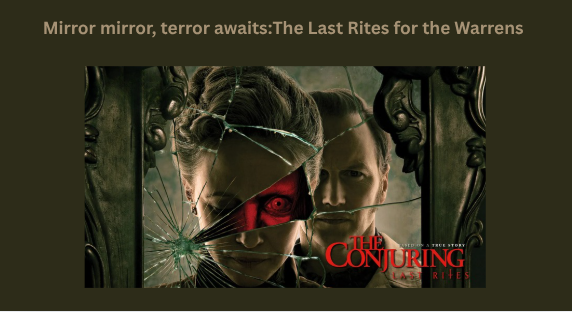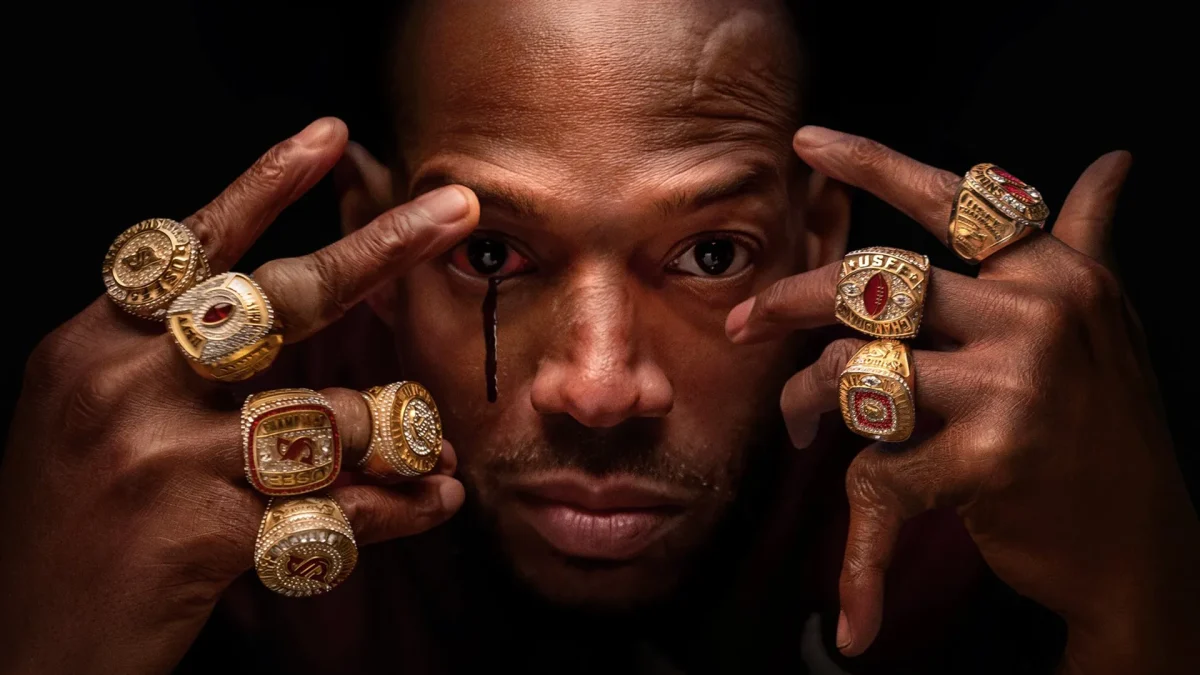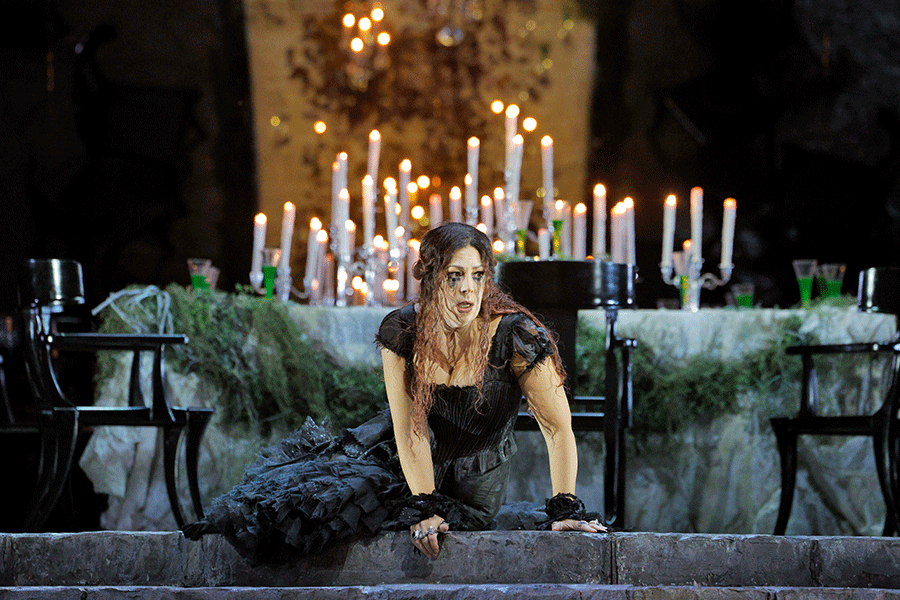
Lately, I’m becoming addicted to the CBS crime procedural Criminal Minds. The show, which began airing in 2005, isn’t like most others of its kind. CSI or Law and Order concentrate on rank-and-file police officers, investigating crimes using physical evidence and standard deductive analysis. Criminal Minds, on the other hand, centers on FBI agents: specifically, the Behavioral Analysis Unit (BAU for short), whose task is to psychoanalyze and “profile” murderers and criminals. By examining the crimes, the BAU learns the psyche of the criminals, so they can track down the perpetrators (referred to as “UnSubs”, or unknown subjects).
As I’ve gotten back into Criminal Minds, I’ve found myself decidedly captivated with the BAU’s unending battle against the demons of human nature. Helpfully, season two of the sequel series Criminal Minds: Evolution is currently in the works, so this is perhaps the best time to take up the show. I’d like to present the major pillars of CM’s appeal–and perhaps the best way to do it is to treat the show like one of its own UnSubs, with certain personality traits that captivate viewers. With that in mind, I’m ready to present the profile of Criminal Minds.
Psychological drama
Criminal Minds viewers should be looking for a series devoted, above all else, to human nature. This type of show is known as a “psychological thriller”–it carefully tracks the psyches of UnSubs, giving glimpses of their delusions, obsessions, and reactions as the BAU closes in. Each UnSub is driven by a unique past, with its own trials and punishments pushing the subject to madness. From a man with brain damage who makes living marionettes of his victims, to a comic-book writer whose alternate personality takes vigilante vengeance on criminals like the ones who killed his fiancee, the heroes of Criminal Minds encounter infinite ways that life can push seemingly normal people to do the unthinkable.
Likable protagonists:
The BAU is characterized by their distinct individual motives and personalities. Doctor Spencer Reid (Matthew Gray Gubler) is a genius who solves the puzzles of UnSubs’ minds; tech support liaison Penelope Garcia (Kirsten Vangsness) is a sassy, vivacious master of the internet; Derek Morgan (Shemar Moore) balances effortless machismo with a keen mind and a heart of gold, and so on. Throughout the show’s run, these and other members of the BAU (some of whom come and go over the years) combine their disparate strengths to form a nearly unstoppable unit, protecting the innocent while taking care of each other. In summary, the BAU functions as a serial-killer-catching family. Also of note are Criminal Minds’ depictions of strong and capable female heroes: as opposed to the lion’s share of crime procedurals, with their heavily male main casts, five different women work in the BAU (though not all at the same time), each with distinct motivations and challenges.
Exemplary cinematography:
With a series as invested as Criminal Minds is in the intricacies of the human psyche, expressing the contents of characters’ minds is crucial. Here the show excels, using skilled camera work and visual effects to express precisely what the characters are thinking. Quick flashbacks to past traumas, often filmed with a different color scheme than scenes in the show’s present moment, are a frequent way of shedding light on what made each UnSub. At other times, visual effects like characters fading away or appearing beside duplicates of themselves may occur. This signifies that UnSubs have been imagining or hallucinating people who do not exist, as part of their delusions.
Wrap-up: you ought to know…
It’s important to note that, having been created in 2005, the series has not always dated well. A Season Two episode centering on apparently racially-motivated slayings of Black people does little to address the reality of anti-Black racist violence. More broadly, I have sometimes wondered whether Criminal Minds and other crime procedurals glorify law enforcement officials, like FBI agents and police officers, as heroes, without examining how law enforcement can overstep its bounds or fall short of its purpose. (For more clarity, talk show host John Oliver explains ways that the somewhat similar Law and Order franchise falls into this trap, and how this is a problem.) On the other hand, the BAU carefully investigates crime scenes and is determined to hold all offenders accountable–including a serial-killing priest protected by diplomatic immunity. Moreover, individual team members who step out of line are criticized and subject to disciplinary action–as when later BAU member Luke Alvarez is demoted for involving himself in a case despite orders to stay away. In short, the BAU do at least provide, on some level, a nobler model of law enforcement than can always be found in the real world.
Either way, the series provides an insightful, compelling look into the minds of madmen and monsters. “I like the psychology of it, and really getting into people’s brains,” junior Rhea Shin said. “I think you just kind of learn more about human behavior and how people interact socially, and how that can impact people”.
That will be all. Thank you for your time.









Diane • Apr 26, 2024 at 9:22 am
I never get sick of watching the re-runs
Lori Garrison • Mar 28, 2024 at 2:33 pm
Please get rid of Garcia!
Gingerella • Feb 10, 2024 at 12:02 pm
I love Criminal Minds and have watched it since the beginning. It’s different than all the boring law and order series on.
Rose • Feb 10, 2024 at 10:10 am
I love Criminal minds, i find myself rewatching it every night b4 i go to sleep